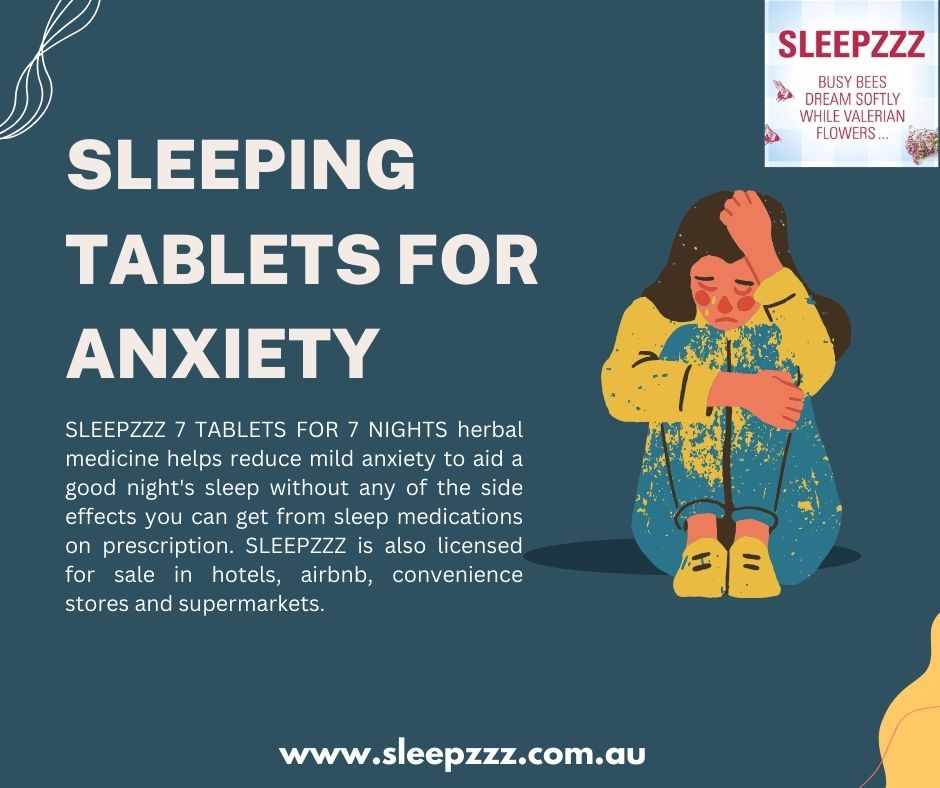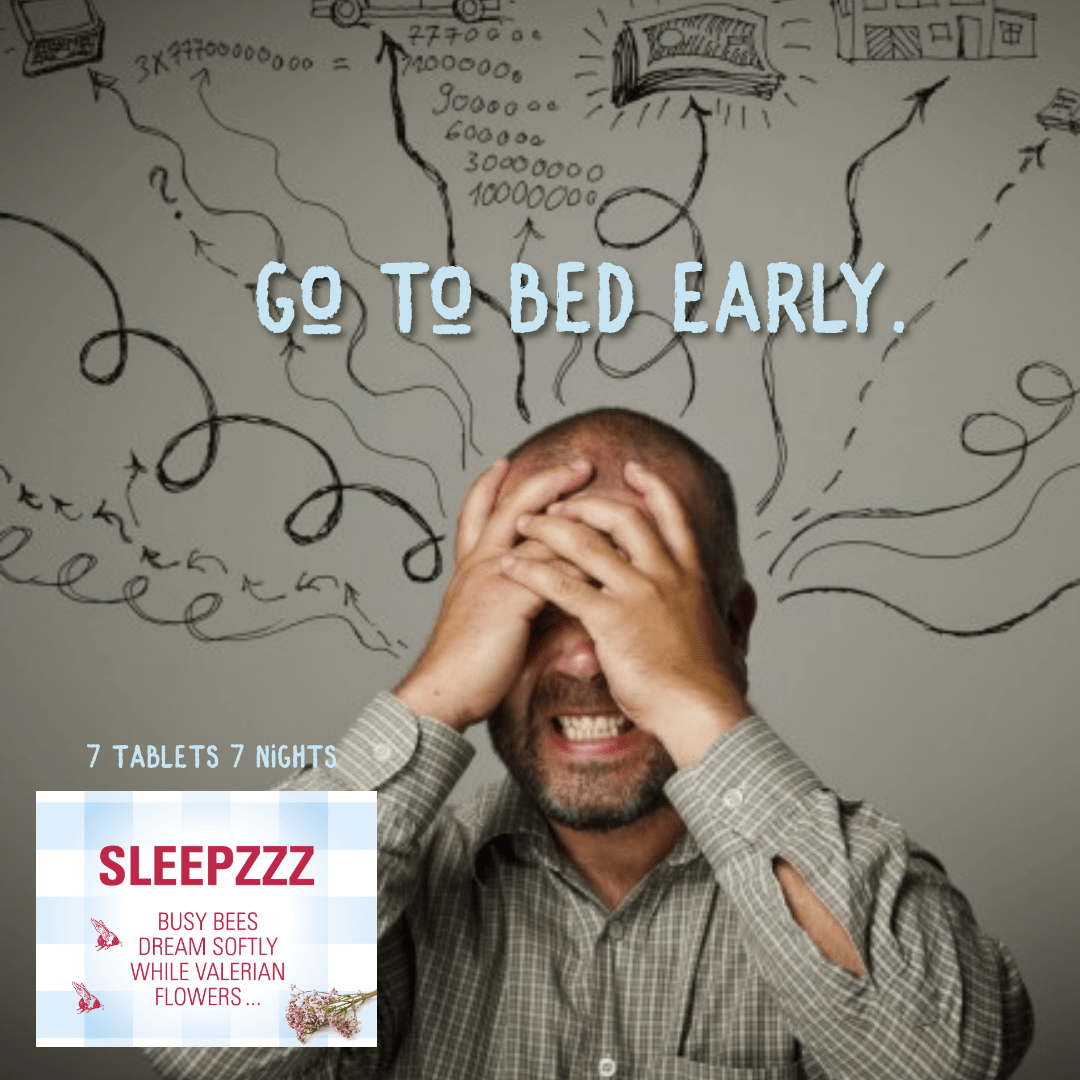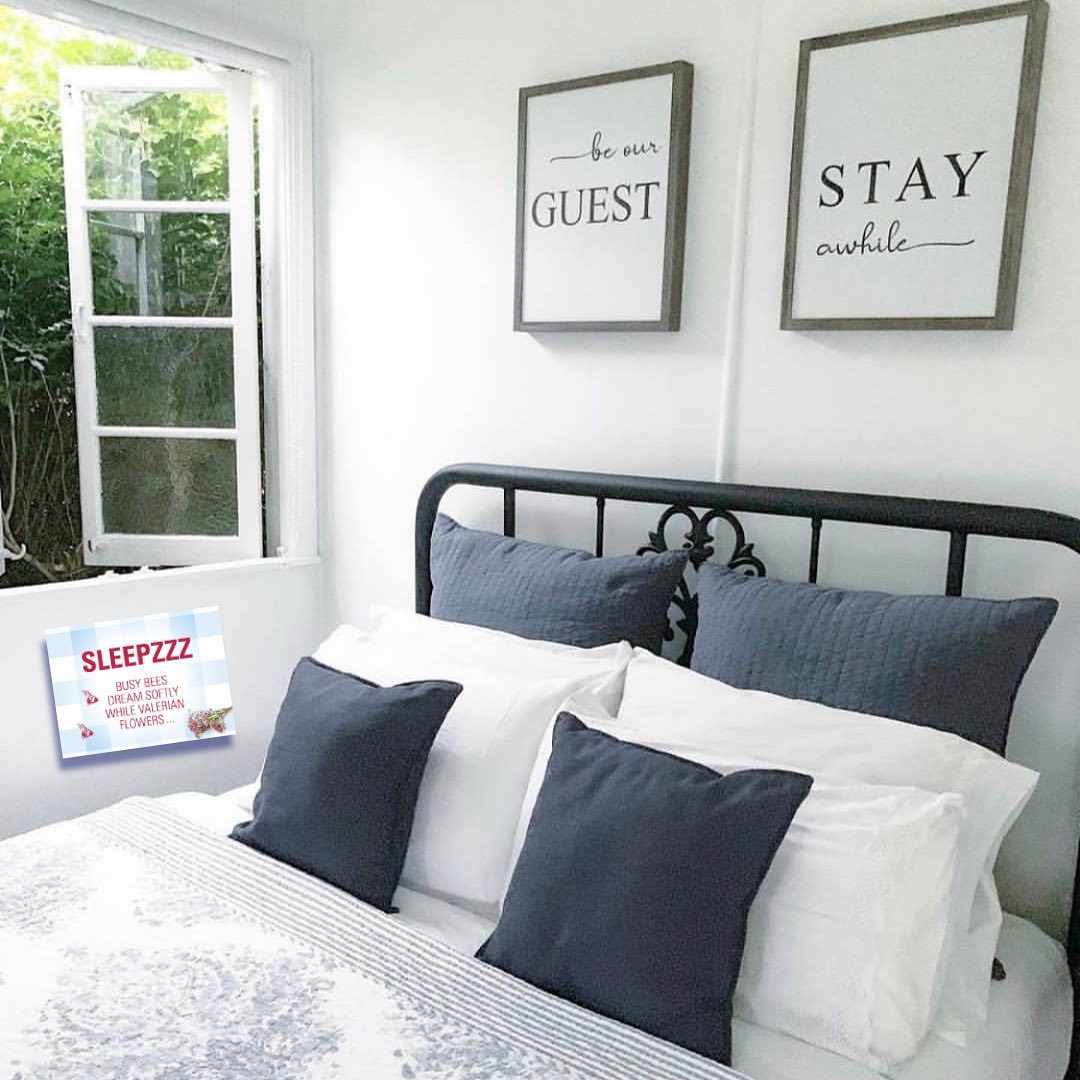
Sleep anxiety, also known as insomnia or sleeplessness, is a common condition that affects millions of people around the world. It can be caused by a variety of factors such as stress, anxiety, depression, chronic pain, medication, or caffeine consumption. The sleep anxiety symptoms can include difficulty falling asleep, waking up frequently during the night, waking up too early in the morning, feeling tired and irritable during the day, and having trouble concentrating.
Sleep anxiety is a condition where a person experiences intense worry or fear around the idea of falling asleep or staying asleep. It can cause difficulty falling asleep, staying asleep, or waking up too early. Here are some of the most common symptoms of sleep anxiety and what you can do to manage them:
Difficulty falling asleep: People with sleep anxiety often have trouble falling asleep, even when they feel tired. This can lead to frustration, irritability, and anxiety.
What you can do: Practice relaxation techniques before bed, such as deep breathing or progressive muscle relaxation. Create a bedtime routine that helps you wind down and signal your body that it’s time to sleep. Avoid stimulating activities or bright screens before bed.
Waking up frequently during the night: Sleep anxiety can also cause people to wake up frequently during the night, which can disrupt the sleep cycle and leave them feeling tired and groggy in the morning.
What you can do: Avoid caffeine and alcohol before bed, as these can interfere with sleep. Make sure your bedroom is dark, quiet, and cool, and invest in comfortable bedding and a supportive mattress. If you wake up during the night, try to use relaxation techniques or a white noise machine to help you fall back asleep.
Racing thoughts: Many people with sleep anxiety experience racing thoughts or a sense of restlessness when they try to sleep. This can make it difficult to quiet the mind and fall asleep.
What you can do: Practice mindfulness meditation or other relaxation techniques to calm the mind. Write down your worries or concerns before bed and create a plan to address them the next day. If you find yourself lying awake for more than 20 minutes, get out of bed and engage in a calming activity until you feel sleepy again.
Fatigue during the day: Poor sleep quality can lead to daytime fatigue, lack of concentration, and decreased productivity.
What you can do: Stick to a consistent sleep schedule, even on weekends. Get regular exercise during the day, but avoid intense physical activity close to bedtime. Try to get natural sunlight exposure during the day, and avoid napping during the day.
Physical symptoms: Sleep anxiety can also cause physical symptoms such as muscle tension, headaches, and gastrointestinal problems.
What you can do: Practice relaxation techniques such as yoga or massage therapy to relieve muscle tension. Try to identify and address any underlying stressors that may be contributing to your anxiety. Consult a healthcare provider if your physical symptoms persist.
Here are some tips for managing sleep anxiety:
Establish a regular sleep routine: Try to go to bed and wake up at the same time every day, even on weekends. This helps regulate your body's natural sleep-wake cycle.
Create a relaxing bedtime routine: Develop a routine that helps you relax and wind down before bed. This could include taking a warm bath, reading a book, listening to soothing music, or practicing relaxation techniques such as deep breathing or meditation.
Create a sleep-friendly environment: Make sure your bedroom is quiet, dark, and cool. Invest in a comfortable mattress and pillows, and consider using blackout curtains, earplugs, or a white noise machine to help you sleep.
Limit caffeine and alcohol consumption: Avoid consuming caffeine or alcohol close to bedtime, as they can interfere with your ability to fall asleep and stay asleep.
Exercise regularly: Regular exercise can help reduce stress and anxiety, which can contribute to sleep anxiety. However, avoid exercising too close to bedtime as it can also make it harder to fall asleep.
Seek professional help: If your sleep anxiety persists, consider talking to a healthcare professional. They can help diagnose any underlying conditions, such as anxiety or depression, and provide treatment options, such as therapy or medication.
Remember that managing sleep anxiety takes time and patience. It's important to be consistent with your sleep routine and seek professional help if needed.





.jpg)


Write a comment ...